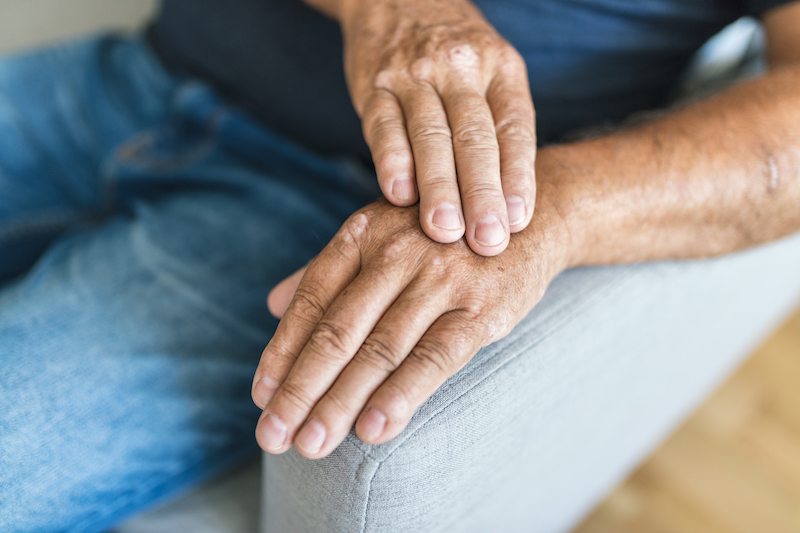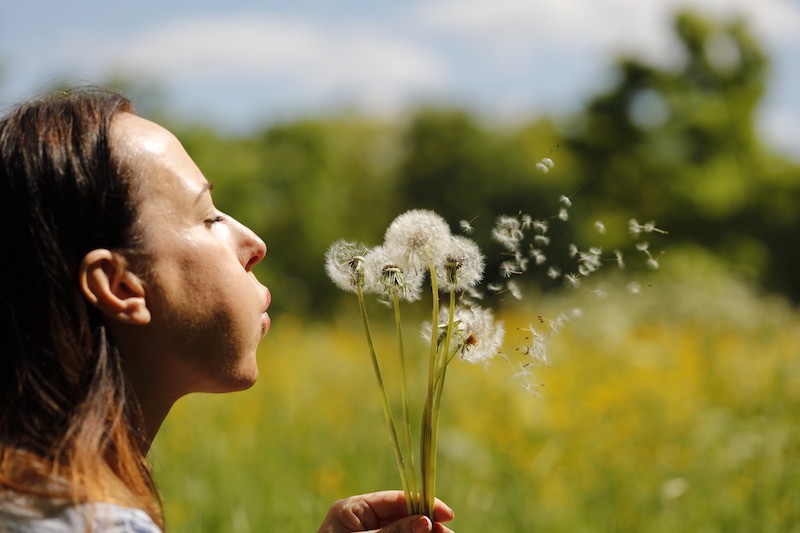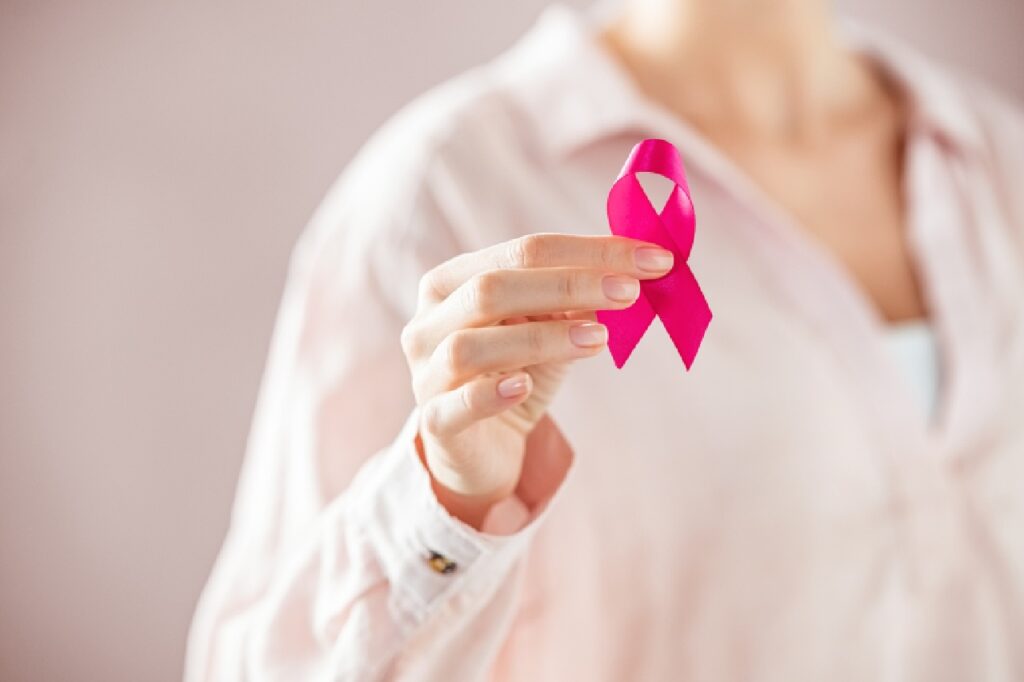If You Are One Of The Millions Of People Who Suffer From Eczema, You May Be Looking For Relief From The Pain, Itching, And Emotional Discomfort That Comes Along With The Condition.

Table of Contents
Maybe you’re tired of the stares you get while out in public or people asking, “What happened?”.
Eczema is a skin condition that can be very frustrating, especially if you’ve had it for a long time. You might be wondering if there are others who experience eczema symptoms as severely as you do.
We know you might be tired of costly steroid creams with harmful side effects. These creams can thin the skin, slow down wound healing, and increase the risk of metabolic issues such as diabetes.
Don’t scratch your skin when you have eczema, even though it’s really hard to resist the urge. So what are you supposed to do about those irritating patches that don’t seem to go away?
Eczema is a chronic skin condition. You can manage it and reduce breakouts.
We won’t suggest using a lot of lotions and creams all over your body because that’s not enjoyable! Today, we’ll answer the question: Can Naturopathic Doctors Help with Eczema? Eczema is a common condition with various treatments. Others find success with complementary and alternative therapies such as naturopathic medicine.
Some people find relief using common medications. However, these medications can have risks and side effects.
We’ll look at how natural remedies can help with eczema and how they compare to other treatments.
Naturopathic doctors can help treat eczema using a holistic approach. Let us show you how they can provide relief for your eczema.
This info can help you decide if naturopathy is the right treatment for you.
What is Eczema and What Are the Symptoms?

Eczema is a chronic skin condition that results in dry, cracked, and inflamed skin. According to the Canadian Dermatology Association, almost 20% of Canadians suffer from atopic dermatitis which is the most common form of eczema.
Atopic dermatitis typically begins in childhood and can last into adulthood. In fact, for some people, this condition can last their entire lives. Eczema is not contagious and is often seen in people who have a history of allergies or asthma.
Eczema often causes itchy, red, dry, scaly, and flaky skin. In severe cases, the skin may even crack and bleed.
If you think you have eczema or show signs of it, it’s important to see a doctor to get diagnosed and receive treatment.
What Causes Eczema?

Eczema, also known as atopic dermatitis, is a long-lasting skin condition. It is caused by a mix of genes and things in the environment. The cause of eczema is not fully known, but several factors have been identified.
- Genetics: If someone in your family has eczema, asthma, or allergies, you have a higher chance of getting them too. Certain genes control how our skin protects us and defends against eczema.
- Immune system dysfunction: Eczema is associated with an overactive immune system response. The immune system reacts in an unusual way to things that can cause irritation or allergies. This leads to swelling and irritation of the skin.
- Skin barrier dysfunction: The skin protects the body from irritants and allergens by acting as a barrier. People with eczema have a compromised skin barrier. This makes moisture escape, and irritants get in easily. This can lead to dryness, itching, and inflammation.
- Environmental factors: Certain environmental factors can trigger or worsen eczema symptoms. These may include exposure to harsh chemicals, detergents, soaps, fragrances, and other irritants. Dry climates, low humidity, and cold weather can make your skin dry and worsen eczema.
- Allergens: Some people with eczema may have allergies to things like pollen, dust mites, pets, mold, or certain foods. The immune system reacts when exposed to these allergens, triggering eczema flare-ups.
- Hormonal changes: Fluctuations in hormone levels, particularly in women, can influence eczema symptoms. During pregnancy or menstrual cycles, hormonal changes can cause the skin to become more sensitive and result in flare-ups.
It’s important to know that the factors linked to eczema can differ from person to person. People with eczema should collaborate with healthcare professionals to identify their triggers and create a personalized plan for managing the condition. This is important because triggers and underlying causes can vary between individuals.
How Is Eczema Typically Treated?

Eczema can be controlled and treated with self-care, lifestyle changes, and medical help. The treatment may change based on how bad the symptoms are and individual factors. Here are some common strategies used to treat eczema:
- Moisturizers: Using moisturizers regularly keeps your skin hydrated and reduces dryness, itching, and irritation. Find moisturizers that don’t have a fragrance and are hypoallergenic. Apply them right after you bathe or shower to keep your skin moisturized.
- Topical corticosteroids: These are prescribed to reduce inflammation and relieve itching. These medications are anti-inflammatory. Eczema treatments vary in strength, depending on how severe your eczema is. It’s important to follow the doctor’s instructions for safe and appropriate use.
- Topical calcineurin inhibitors: These are medications like tacrolimus and pimecrolimus. They help control the skin’s immune response. When other treatments don’t work, or corticosteroids can’t be used on certain areas (like the face or genitals), doctors usually prescribe them. Again, follow the doctor’s instructions for use.
- Antihistamines: Oral antihistamines can help reduce itching and improve sleep. This is especially true when eczema flare-ups come with intense itching. Taking medications may make you feel sleepy, so talk to a doctor before using them.
- Wet wrap therapy: Wet wrap therapy is a method where you apply moisturizers and topical medications to the affected areas. These areas are then covered with wet dressings or wraps. Wet wrap therapy benefits the skin by hydrating it, reducing inflammation, and aiding in medication absorption.
- Avoiding triggers: Identifying and avoiding triggers that worsen eczema symptoms can be helpful. Triggers can vary from person to person. They may include different things like fabrics, soaps, detergents, foods, allergens, or environmental factors such as temperature extremes.
- Phototherapy: Phototherapy can help improve eczema symptoms by exposing the skin to UV light under medical supervision. Phototherapy can reduce skin inflammation, itching, and an overactive immune response.
- Systemic medications: Severe cases of eczema that don’t respond to other treatments may require systemic medications. These can include oral corticosteroids, immunosuppressants, or biologic agents. These medications are often used for a short time because they can have side effects. A healthcare professional will closely monitor the use of these medications.
If you have eczema, it’s important to see a dermatologist. They can diagnose you and create a treatment plan tailored to your needs.
Can Eczema Be Treated Naturally by a Naturopath?

Eczema can be treated naturally by a naturopath. They may suggest lifestyle changes, dietary adjustments, natural herbs and supplements, and physical treatments like acupuncture.
However, it’s important to note that not all types of eczema can be effectively treated by naturopaths. Naturopathic medicine has a successful history of treating chronic skin issues like eczema. The best treatment approach differs for each person.
A naturopath can help you reduce stress and avoid triggers that make eczema worse. Working with a naturopath allows people with eczema to create a personalized treatment plan that tackles the underlying cause, providing long-term relief.
Naturopathic treatments for eczema are gaining popularity as people seek alternatives to traditional medicine, which can have unwanted side effects.
How Do Naturopathic Doctors Treat Eczema?

Naturopathic doctors treat eczema by looking at the whole person and not just the symptoms. Naturopaths find and treat the cause of the condition for long-lasting relief.
They might suggest lifestyle changes like looking at the patient’s diet to see if certain foods are causing problems. Sometimes the patient needs essential nutrients in their diet. Naturopaths may also recommend supplements, topical treatments, or herbal remedies to help the body heal based on the patient’s needs.
The naturopathic treatment uses physical therapies like acupuncture and Bowen therapy. These treatments can help detoxify the body and calm the nervous system to ease the condition.
It is personalized for each person, targeting the root cause instead of just the symptoms. This approach often provides long-term relief and improves the quality of life for those with eczema.
Are There Any Side-Effects Associated With Naturopathic Treatments for Eczema?

Naturopathic treatments for eczema have few side effects, making them popular for managing the condition. These treatments are gentle, safe, and effective.
However, it’s important to work with a licensed healthcare professional to ensure you use the right treatments for your needs.
Herbal medicine is commonly used for eczema and can be taken orally or applied topically. But it’s essential to consult a licensed qualified naturopathic doctor before using herbal medicines.
It’s also important to discuss potential side effects and weigh the risks and benefits. With proper care, naturopathic treatments can provide long-lasting relief from eczema.
In Conclusion – Can Naturopathic Doctors Help with Eczema?

Perhaps you’re tired of the constant itching and frustration associated with eczema or the terrible side-effects associated with this condition’s conventional treatments.
If so, you are not alone.
In the United States, over 30 million people suffer from this chronic skin condition.
We know that it can be both physically and emotionally hard to deal with eczema.
We’re here to tell you that there are many people out there who have dealt with the same condition as you and they’ve come up against some frustrating moments too.
The good news is that there are a number of treatments available that can provide relief.
If you’re tired of the conventional route, or you find it way too expensive (even with insurance), or you are looking for a more natural option without the harsh and harmful side effects of prescription steroid creams, you may want to consider a naturopathic approach.
Naturopathic doctors can help reduce and treat eczema by helping you find the root cause of the issue causing your eczema flare-ups instead of only masking the symptoms which is usually what conventional medications do.
If you are in the local area and need a Burnaby Naturopath who is experienced in treating eczema and other skin issues, you can contact our clinic and we are more than happy to help you with your eczema.
If you’re not local, then please contact your closest naturopath to see if a naturopathic approach is right for your eczema.
 604-451-1737
604-451-1737

